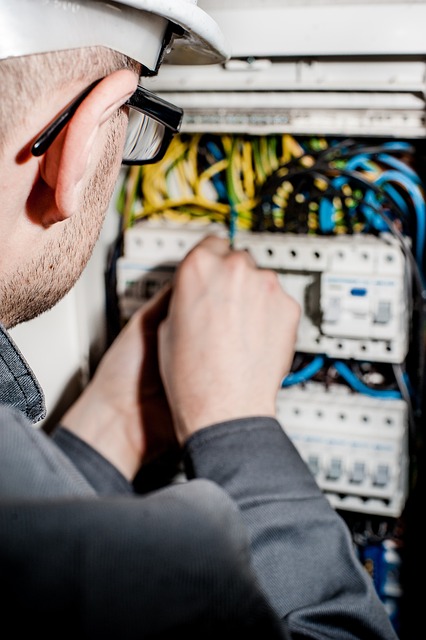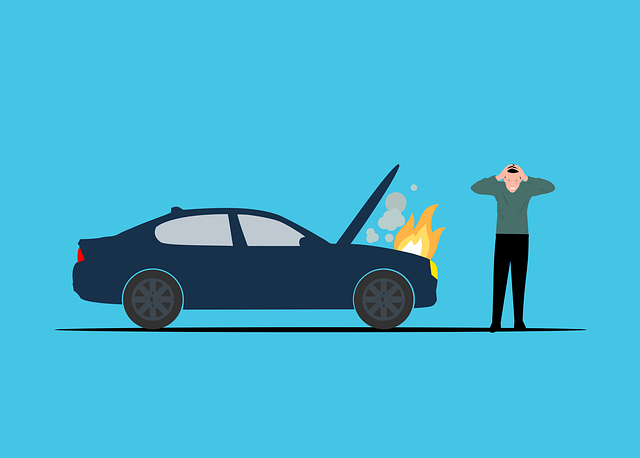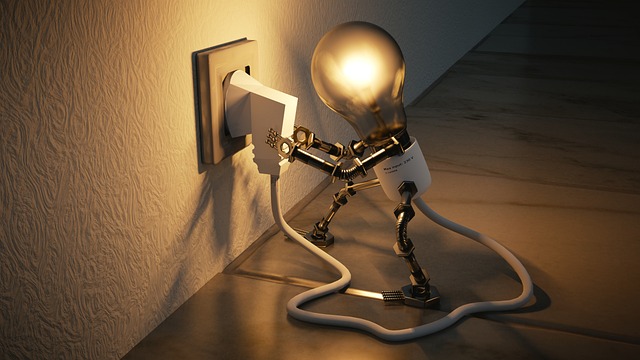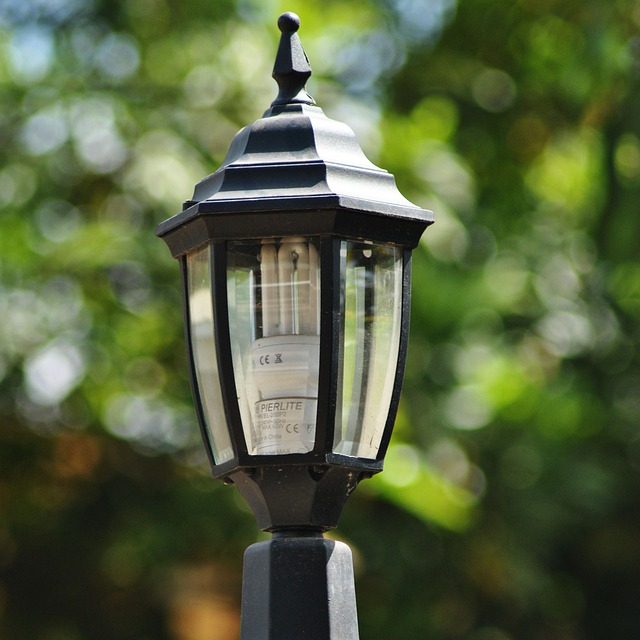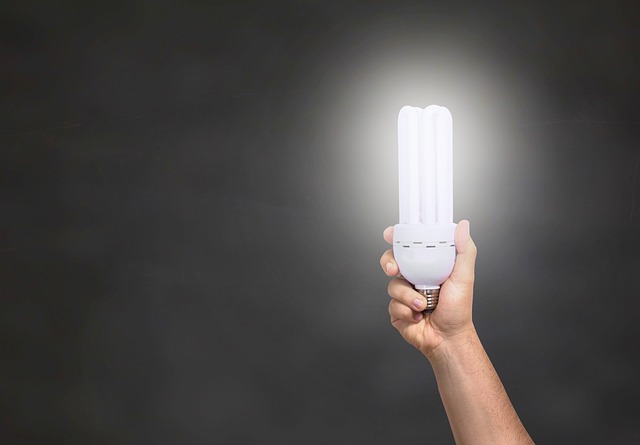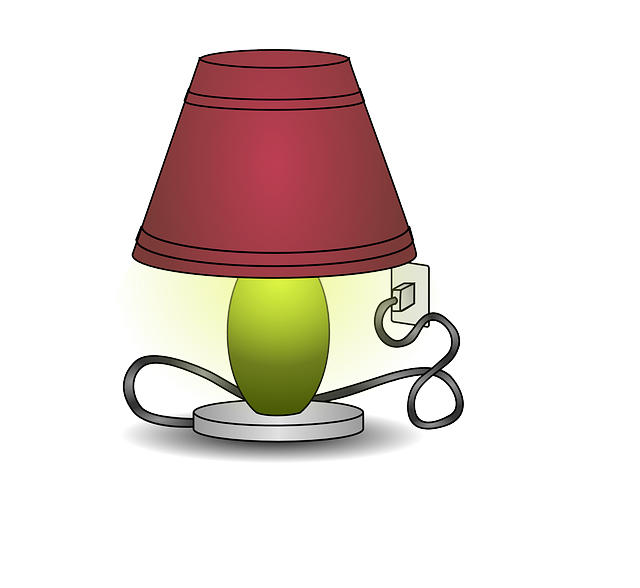Installing an EV charger in Eugene, Oregon requires adhering to local regulations and building codes. Permits are needed for repairs or new installations, focusing on safety, accessibility, and sustainability standards. Choosing a charger matches vehicle compatibility and power needs, with Level 1 and Level 2 options. DIY installation involves evaluating electrical capacity, selecting a location, burying wiring, and connecting to power sources after obtaining permits. Regular maintenance prevents issues. Costs vary based on EV type, complexity, local codes, and necessary infrastructure upgrades, with basic chargers around $1500-$3000 and advanced ones up to $8000+. Obtaining permits and following building codes minimizes future ev charger repair needs.
“Discover the future of sustainable transportation in Eugene, OR, with a comprehensive guide to home Electric Vehicle (EV) charging installation. From understanding local regulations to selecting the ideal EV charging station and navigating the installation process, this article covers all you need to know. Learn about common EV charger repair issues and essential cost considerations. Whether you’re an EV owner or interested in adopting one, mastering EV charger installation is a step towards a greener future, ensuring smooth, efficient charging at home.”
- Understanding EV Charger Installation Requirements in Eugene OR
- Choosing the Right EV Charging Station for Your Home
- Step-by-Step Guide to Installing a Home EV Charger
- Common EV Charger Repair Issues and Solutions
- Cost Considerations for Home EV Charging Installation
- Navigating Local Codes and Permits for EV Charger Installation
Understanding EV Charger Installation Requirements in Eugene OR
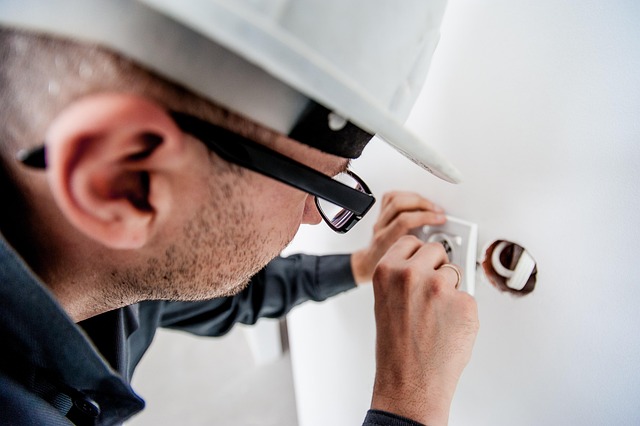
In Eugene, Oregon, installing an Electric Vehicle (EV) charger comes with specific requirements set by local regulations and building codes. Before diving into the installation process, it’s crucial to understand these guidelines to ensure a smooth and compliant project. Permits are often necessary for EV charger repair or new installations, covering aspects like electrical work, building modifications, and safety measures.
The city of Eugene has established standards for EV charging infrastructure, focusing on safety, accessibility, and sustainability. These requirements may include specific wiring configurations, grounding systems, and safety features to protect both EV owners and the broader community. Properly understanding and adhering to these regulations is essential to avoid costly delays or legal issues, ensuring a seamless experience throughout the EV charger installation process.
Choosing the Right EV Charging Station for Your Home

Choosing the right EV charging station for your home involves considering several factors, such as vehicle compatibility and power requirements. Different electric vehicles (EVs) have varying charging needs, so it’s essential to select a charger that aligns with your specific model. For instance, Level 1 chargers offer a basic and cost-effective option, suitable for lighter duty or those with lower daily mileage. In contrast, Level 2 chargers provide faster charging speeds, ideal for heavier use.
When deciding, also factor in the ease of installation, space requirements, and budget. Some models may require professional EV charger repair services for proper setup, ensuring safety and efficiency. Additionally, consider future-proofing by opting for a charger with higher power outputs to accommodate potential upgrades or newer EV technologies.
Step-by-Step Guide to Installing a Home EV Charger

Installing a home EV (electric vehicle) charger is a straightforward process that can be completed with the right tools and some basic DIY skills. Here’s a step-by-step guide to help you navigate through the installation of your new EV charger in Eugene, OR.
First, assess your home’s electrical system and ensure it can handle the additional load. You might need to consult an electrician for a professional evaluation if your circuit is outdated or unable to support the charger’s requirements. Next, choose a suitable location for your charger, typically near the entrance of your garage or on an outside wall, ensuring easy access for your EV. Once the spot is selected, dig a small hole for the charger’s electrical box and bury the wiring neatly. Connect the charger to your home’s electrical supply, making sure to follow local codes and regulations. After all connections are made, test the system thoroughly to ensure its functionality, addressing any potential issues promptly. Lastly, consider regular EV charger repair and maintenance to keep your setup running smoothly for years to come.
Common EV Charger Repair Issues and Solutions
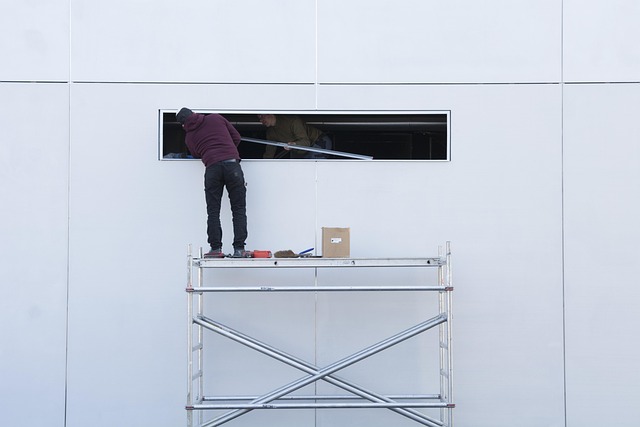
Many EV (electric vehicle) owners in Eugene, OR, encounter charger issues at some point, but common problems can often be easily solved. One frequent issue is a faulty charging cable or connector, which may cause charging to stop abruptly or not initiate at all. This problem can usually be resolved by inspecting the cables for any visible damage and replacing them if necessary.
Another prevalent ev charger repair concern involves the charging station itself. Over time, components like relay modules and control boards can degrade, leading to intermittent charging or complete disconnection. Regular maintenance checks and keeping records of usage can help prevent these issues. When repairs are required, it’s advisable to consult certified EV charger technicians who can diagnose and fix problems efficiently, ensuring your home charging station remains reliable for seamless electric vehicle ownership.
Cost Considerations for Home EV Charging Installation
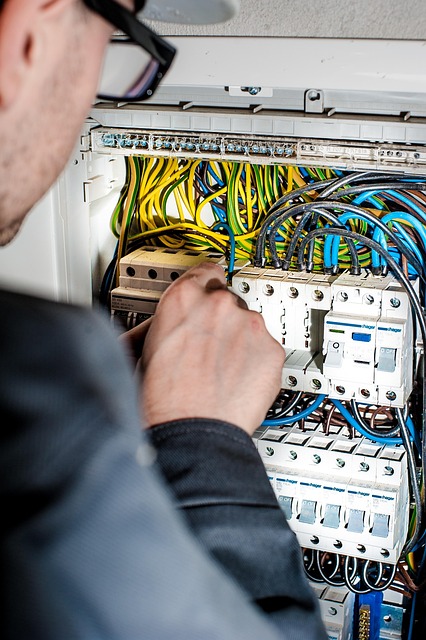
When considering home EV charging installation, understanding cost considerations is essential. The price for setting up an electric vehicle (EV) charger can vary significantly based on several factors such as the type and range of the EV, the complexity of the installation, local electrical codes, and whether any existing infrastructure needs to be upgraded. On average, homeowners in Eugene, OR, can expect to pay between $1,500 and $3,000 for a basic Level 1 charger, while more advanced Level 2 chargers can cost anywhere from $3,000 to $8,000 or more.
Additionally, ongoing maintenance and potential ev charger repair costs should be factored in. Regular checks and servicing are crucial to ensure the charger functions optimally and safely. While most manufacturers offer warranty coverage for their products, out-of-warranty repairs or replacement parts can add to the overall expenses. Homeowners are advised to consult with reputable EV charging installation professionals who can provide transparent pricing and maintain long-term support for seamless EV ownership experiences.
Navigating Local Codes and Permits for EV Charger Installation
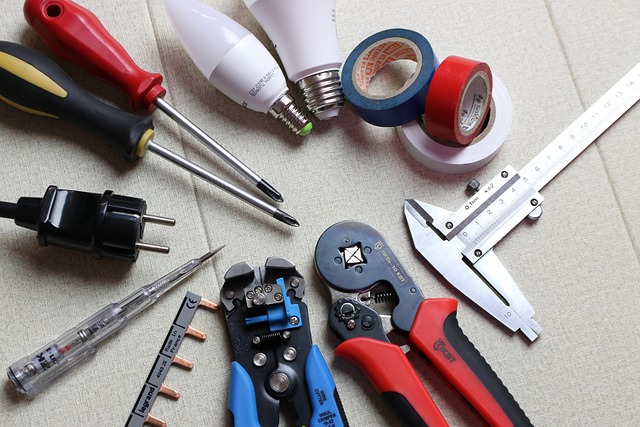
Navigating local codes and permits is a crucial step in installing an EV charger at your Eugene, OR home. It’s essential to ensure your project complies with city regulations to avoid any legal hurdles or costly repairs down the line. Start by researching Eugene’s building and electrical codes specific to EV charging stations. These guidelines often include requirements for wiring, grounding, and safety features. Obtaining the necessary permits from the local building department is a vital part of the process, ensuring your installation meets all safety standards.
Delve into the permitting process by submitting an application detailing your charger’s specifications and location. The authorities will review your plans to verify they align with the local code, potentially requiring inspections at various stages of installation. By adhering to these procedures, you can avoid potential EV charger repair issues in the future, ensuring a smooth and compliant home charging station setup.

